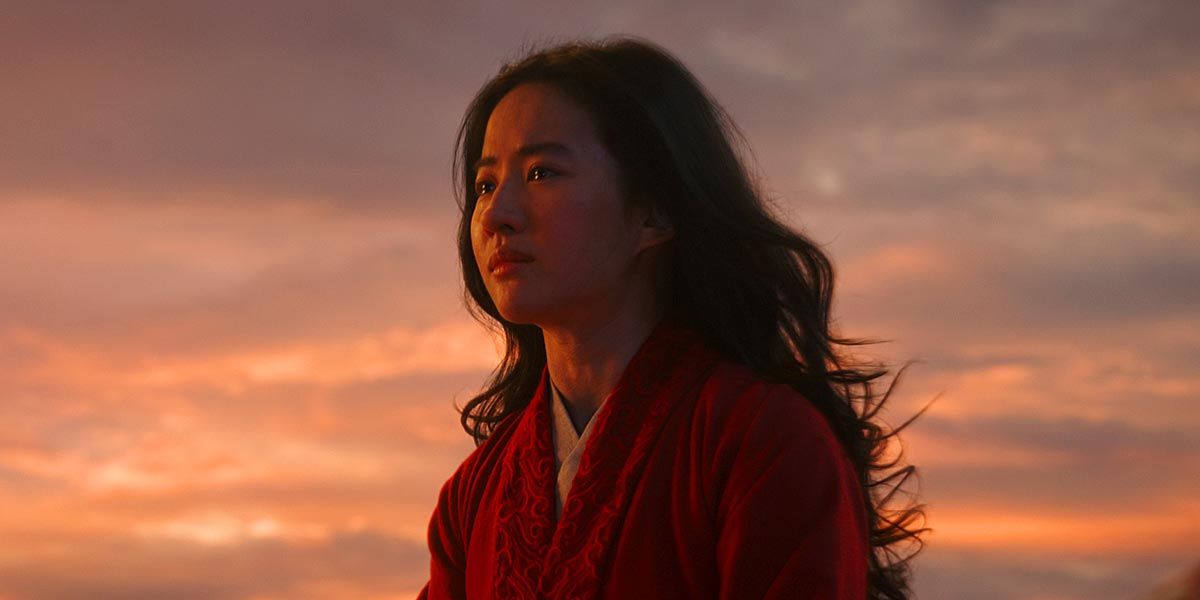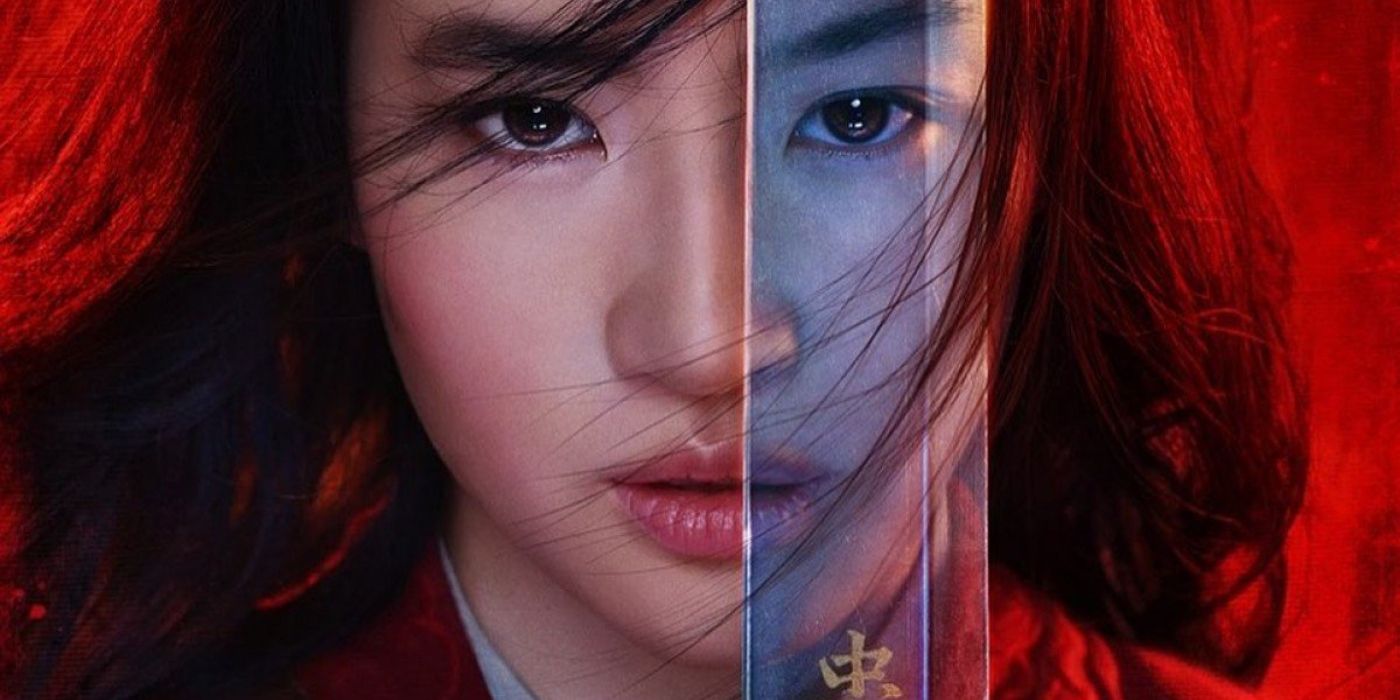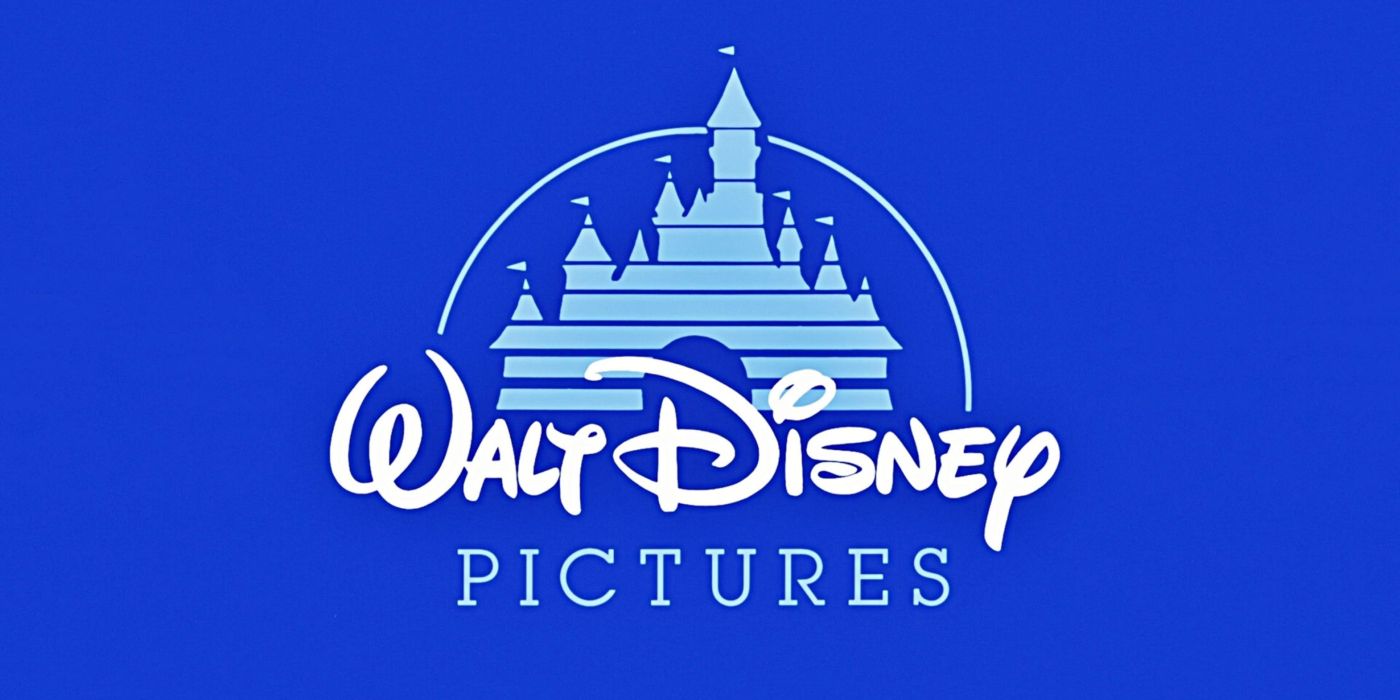Marketing for Disney's upcoming live-action remake of Mulan has begun to take off, with the release last week of the first full-length trailer. Even star Liu Yifei, after months of silence, returned to social media to help promote the film. Images of the adapted Disney character have returned to screen and along with it, the movement to boycott the film, with the hashtag #BoycottMulan flooding social media wherever talk of Mulan takes place.
Some might be wondering how a seemingly innocent remake of a Disney animated classic could ignite a call for boycott. The simple answer is that Mulan is caught in a sociopolitical storm that started with a summer of protests in Hong Kong.
It began as a series of protests against an extradition bill that would allow accused criminals to be transferred freely among Hong Kong, Taiwan and China. The issue was that it may have also allowed China to extradite political opponents and, after being processed in a deeply flawed judicial process, imprison them. The people of the autonomous region of Hong Kong saw it as one more attempt by China -- or the Chinese Communist Party, to be more specific -- to encroach on its freedoms.
It was one attempt too many; the straw that broke the camel's back. The anti-extradition bill movement evolved into a pro-democracy movement as the populace grew more frustrated and more passionate in its struggle.
In an effort to quell the protests, the Hong Kong Police Force (HKPF) employed progressively violent tactics to discourage protesters-- beatings, excessive use of tear gas and more. The divide between Hong Kong police and citizens grew larger. The HKPF, which was and continues to be supported by the CCP, came to represent the pro-Beijing side of the conflict. Supporting the organization meant supporting China's growing control over Hong Kong.
The divide was made clear during a sit-in in August at the Hong Kong International Airport, during which a reporter suspected of being an undercover policeman from mainland China was filmed saying, "I support the Hong Kong Police. You can beat me now."
It was around that time when notable Chinese figures such as Jackie Chan and Liu Yifei, among others, voiced their support for both the Chinese government and the HKPF. Liu, a naturalized American citizen, shared a meme on Chinese microblogging site Weibo containing the reporter's quote, along with a caption reading, "What a shame for Hong Kong." It didn't take long for the post to circulate and spark backlash from pro-democracy supporters. With that, the call began for a boycott of Mulan, and #BoycottMulan started to trend in several countries.
Despite what could easily be described as an uproar, Disney remained silent on the matter, as did Liu. In fact, she seemed to disappear from the spotlight for a while, which many noted after her absence from the D23 Expo in late August. Even now, despite the dire situation in Hong Kong and escalating tensions between China and the United States, neither Liu nor Disney has provided comment or offered a retraction.
There is a discussion to be had about whether Liu had much choice in the matter. The dominance of the Chinese Communist Party has guaranteed loyalty from its people-- not necessarily out of genuine faith in its control, but out of fear. Although Liu Yifei is a naturalized American citizen, her family remains in China, vulnerable to the threat of the CCP. Showing support for the pro-Beijing HKPF would ensure some amount of safety for them.
It should be made clear that Liu Yifei is only one of the major driving reasons behind the boycott. The other is Disney itself.
Over the past six months, several major companies have come under fire for kowtowing to China in censoring supporters of the Hong Kong protests. The NBA, for example, was heavily criticized for trying to distance itself from Houston Rockets general manager Daryl Morey after he expressed support on Tiwtter for Hong Kong protesters. That was seemingly done in an effort to maintain access to audiences in China -- an estimated 650 million viewers, according to statistics from CNBC.
Not long after, companies such as Blizzard Entertainment, Apple, Google and, most recently, DC Comics, faced similar controversies. At its core, detractors of these entities believe that these U.S.-based companies are surrendering integrity and abandoning American values for financial gain. In the eyes of many pro-democracy supporters, this is something Disney is also guilty of doing.
As mentioned, the House of Mouse has opted to remain silent on the matter. CEO Bob Iger even explained, during a Wall Street Journal Tech Live conference in October, that Disney would remain neutral on the subject of Hong Kong, as adopting a stance might, "Harm our company in some form." It's worth mentioning that Disney has taken stances on controversial matters numerous times in the past. However, none of those issues has presented as high a cost for the entertainment company as the potential loss of Chinese audiences.
It is important to take the value of Chinese audiences into account. To get a sense of that value, we'll turn to cinema. China represents almost $10 billion in box office revenue. That is roughly one-quarter of worldwide ticket sales. For that reason, Disney -- among many other studios -- has placed great effort on appealing to Chinese audiences. To gain access to that audience, films must comply with the nation's censorship guidelines, and there are quite a few.
It is thought that The Ancient One in 2016's Doctor Strange fell victim to those guidelines. According to screenwriter C. Robert Cargill, the controversial decision to depict the Ancient One as a Celt rather than Tibetan, as the character is in the comics, was partly made to avoid "alienating one billion people," as China does not officially recognize Tibet as a separate nation. If Doctor Strange had presented audiences with a comics-accurate Ancient One, it would have never entered Chinese theaters.
The point of all this is to illustrate how deeply invested companies such as Disney have become in China. So much so that they are willing to take a neutral stance on relatively simple questions of ethics, like China's numerous human rights violations against the Hong Kong people, against the Uyghurs of Xinjiang and many others, despite the fact that the United States people and government recently stood with Hong Kong and passed the Hong Kong Human Rights and Democracy Act with bipartisan approval and appear to be doing just the same with The Uyghur Human Rights Policy Act, regardless of China's clear protestations.
The upcoming live-action remake of Mulan is still being debated among pro-democracy supporters. To some, it's only a film, and boycotting it will have no measurable impact on the greater struggle against the oppressive Chinese government. To others, Mulan and its star are symbols of the Chinese Communist Party's ability to influence and corrupt other societies and cultures, regardless of fundamental differences in values. A mass boycott of Mulan might at least force Disney to reconsider its actions. The support of a brand as successful and as influential as Disney would be invaluable for the pro-democracy movement in Hong Kong.
It's difficult to say what the results of a mass boycott would be. In the grand scheme of things, perhaps Mulan is just a film. At the same time, every single display of support for democratic ideals counts, even a display as seemingly trivial as a hashtag and not watching a film.




